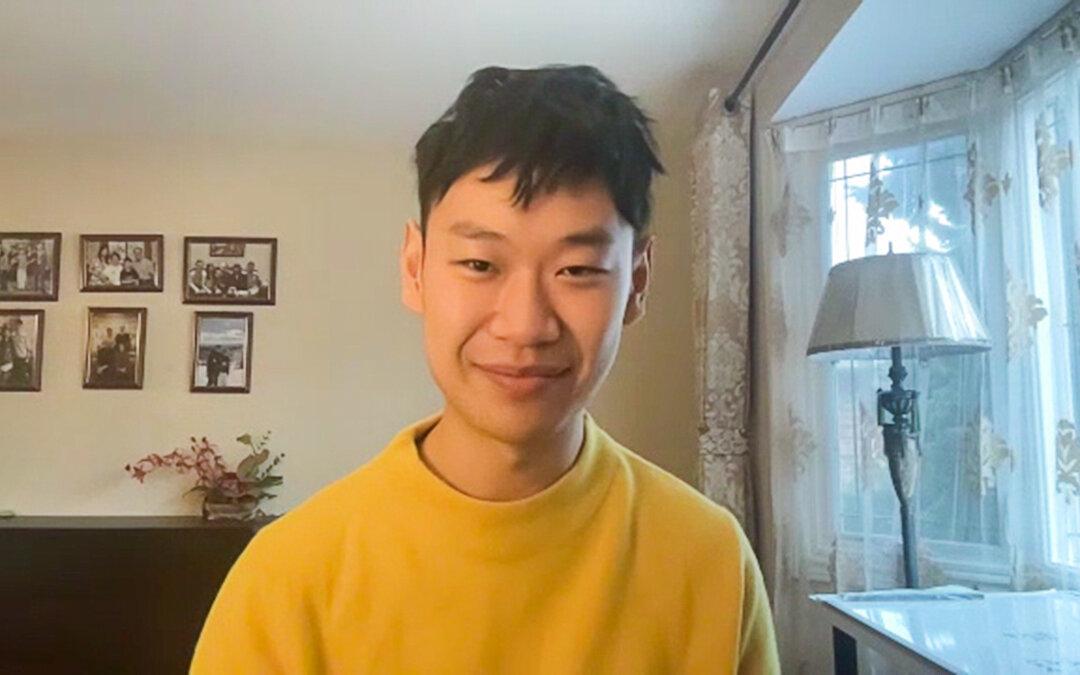“Humans deserve to know the truth,” said Edward Tian, a senior student at Princeton University, who launched GPTZero, an artificial intelligence (AI) text detection tool, over his holiday break.
“No one wants to be deceived, whether something they’re reading online is misrepresented as human-written or machine-written,” Tian told The Epoch Times on Jan. 22.




